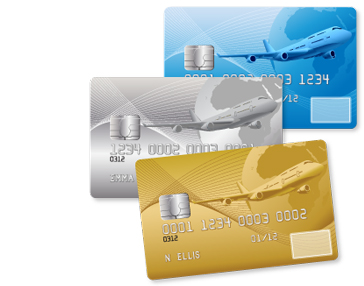Credit Card Development
A leading credit card issuer wanted to optimize the messaging strategy for its value card portfolio by understanding the hierarchy of key features for the respective cards. Respondents evaluated card products in a realistic and competitive context with a discrete choice conjoint-based exercise, and selected the overall card option they most preferred. Based on this…
Co-branded Credit Card Portfolio Design
A major bank and commercial airline wanted to take advantage of unmet customer needs for higher-end benefits as part of a portfolio of co-branded credit cards. New card concepts were recommended in a 2-phased approach. Phase 1 of the project used adaptive conjoint analysis to determine the relative preferences for 21 different benefits that were…
Pricing and Bundling of a Complex B2B Service Offering
A leading HR and Payroll outsourcing company wanted to optimize its pricing and product bundling scheme to maximize revenue while still simplifying its product offering. Prior to our study, the client had a complex offering, with thousands of possible permutations of how products could be bundled together. Through advanced choice modeling and optimization techniques, RSG…
Credit Card Partner Optimization
In order to increase customer loyalty while reducing costs, a leading credit card company wanted to reduce the number of partners in its rewards program to only those that added significant incremental value to customers. Rewards program members completed an online survey to evaluate existing and potential partners in the program. TURF (Total Unduplicated Reach…
Consumer Financing Segmentation
A leading provider of patient financing for healthcare procedures planned to expand its offerings into other market segments. It targeted a growing segment with a large volume of high dollar procedures, but lacked the in-depth analysis of the market’s perspective that would enable it to enter the market efficiently and with confidence. Further, the client…





